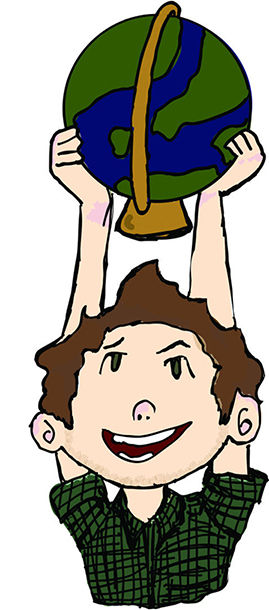Mark Meets World: EpiPen prioritizes profit
August 25, 2016
Some may recall when Martin Shkreli, CEO of Turing Pharmaceuticals, was made infamous for a massive price hike on his company’s drug, Daraprim, from around $13.50 to $750. This excessive rise sparked public outcry, with many fearing other pharmaceutical companies would follow suit.
The story of the EpiPen price hike is no different. The EpiPen is a special auto-injector produced by Mylan pharmaceuticals for delivering epinephrine in the instance of severe allergic reaction, which induces anaphylactic shock. The device is a necessity for anyone who suffers from severe allergies, and its quick expiration date requires carriers to purchase a new one annually, not counting ones needed after an incident.
This same life-saving instrument has also seen a 400 percent increase in price since 2008. While epinephrine itself costs only a couple dollars, somehow the plastic used for an auto-injector magically raises the price to $500. While inflation raises prices, these increases are certainly not proportional, and they’re definitely dangerous to their customers. Junior music major Paul Priddy is among those who feel financial strain from the increase.
“I’ve had an EpiPen since before the price hike,” Priddy said. “It’s required that I have it for my weekly allergy shots, which I do to reduce the severity of my allergic reactions. If I go into anaphylactic shock, I’d have to pay a hospital bill and another $700 so I don’t die the next time, and can continue my shots.”
Ironically, Shkreli also voiced disapproval with the EpiPen price hike via Twitter.
“These guys are really vultures,” Shkreli said. “What drives this company’s moral compass?”
Perhaps this is a sign of a change of heart, an attempt at saving face or pure insanity.
Regardless, this price hike is a prime example of things to come with the Trans-Pacific Partnership. The EpiPen is vital to the people, and its maker knowingly chose profits over saving lives. The only way to prevent further price hikes like this is to keep the gate open to generics or cheaper competitors to drugs like the EpiPen. Without action against the TPP, the pharmaceutical industry is on a fast track to a deadly oligopoly.



